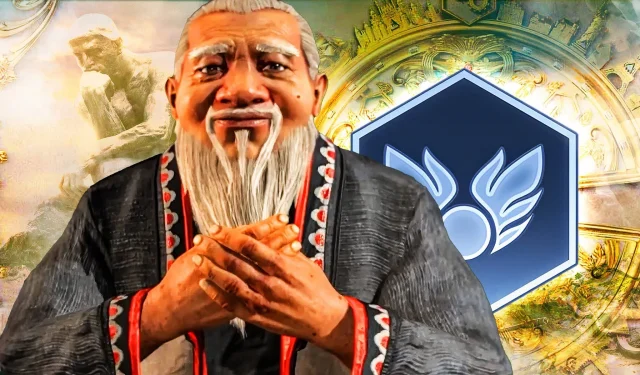
In Sid Meier’s Civilization 6, the concepts of Religion and Faith are integral to a civilization’s strategic development. However, significant changes have been made in the upcoming Civilization 7. The game has overhauled its gameplay mechanics and completely eliminated the Religious Victory pathway, redistributing Faith dynamics across the various Ages.
Civilization 7 introduces four Legacy Paths that lead to distinct victory conditions: Culture, Science, Economic, and Military. This restructuring replaces the previous Religious and Domination victories from Civilization 6, which may displease fans of those mechanics. Nevertheless, the intent behind this change is to alleviate the overwhelming micromanagement tasks players faced in Civ 6. While Religion is not entirely discarded in Civ 7, it will have a redefined role within specific Legacy Paths and will evolve notably throughout different Ages.
Understanding Faith in Civilization 6
The Vital Role of Religion & Faith in Civilization Development
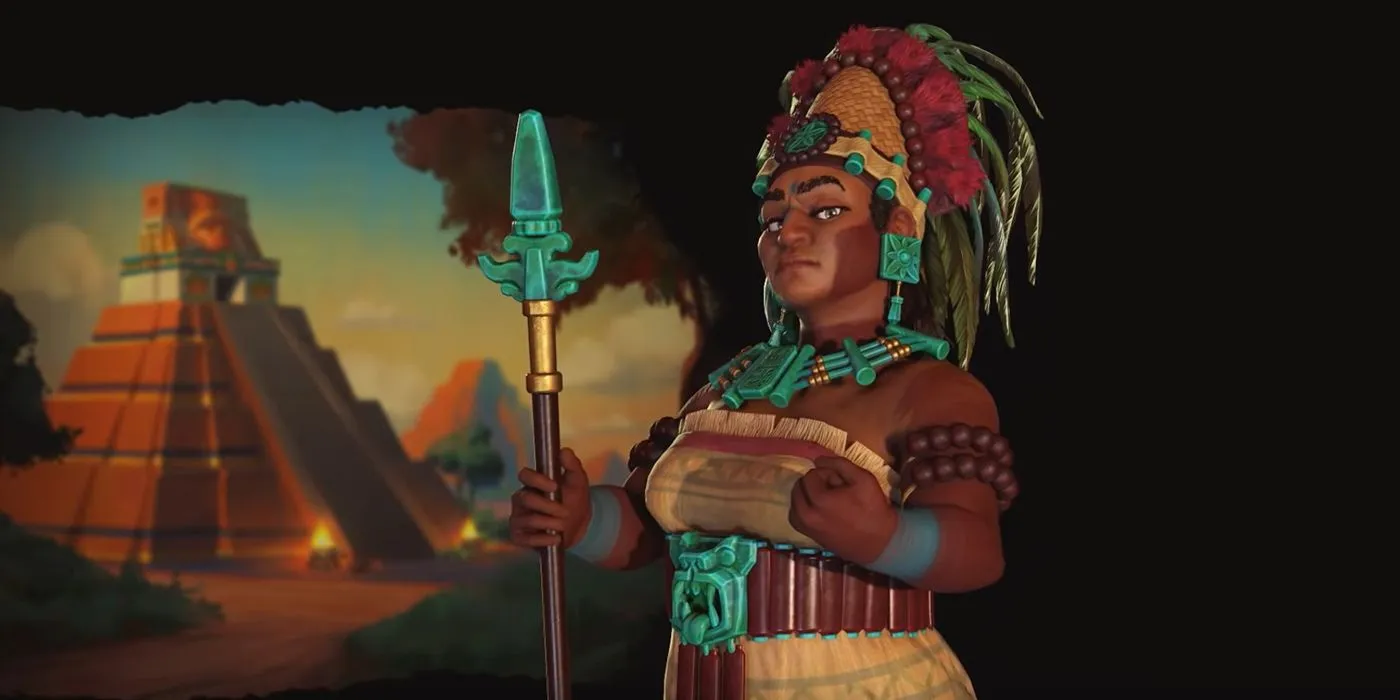
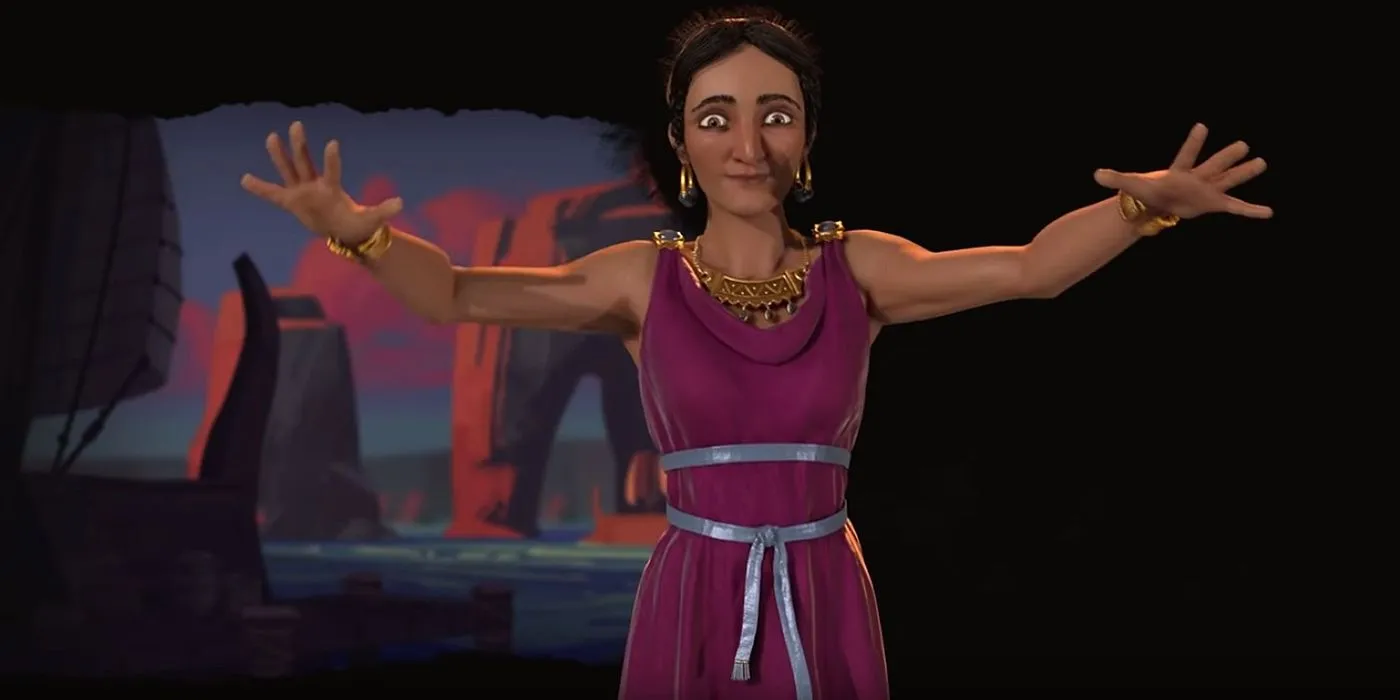
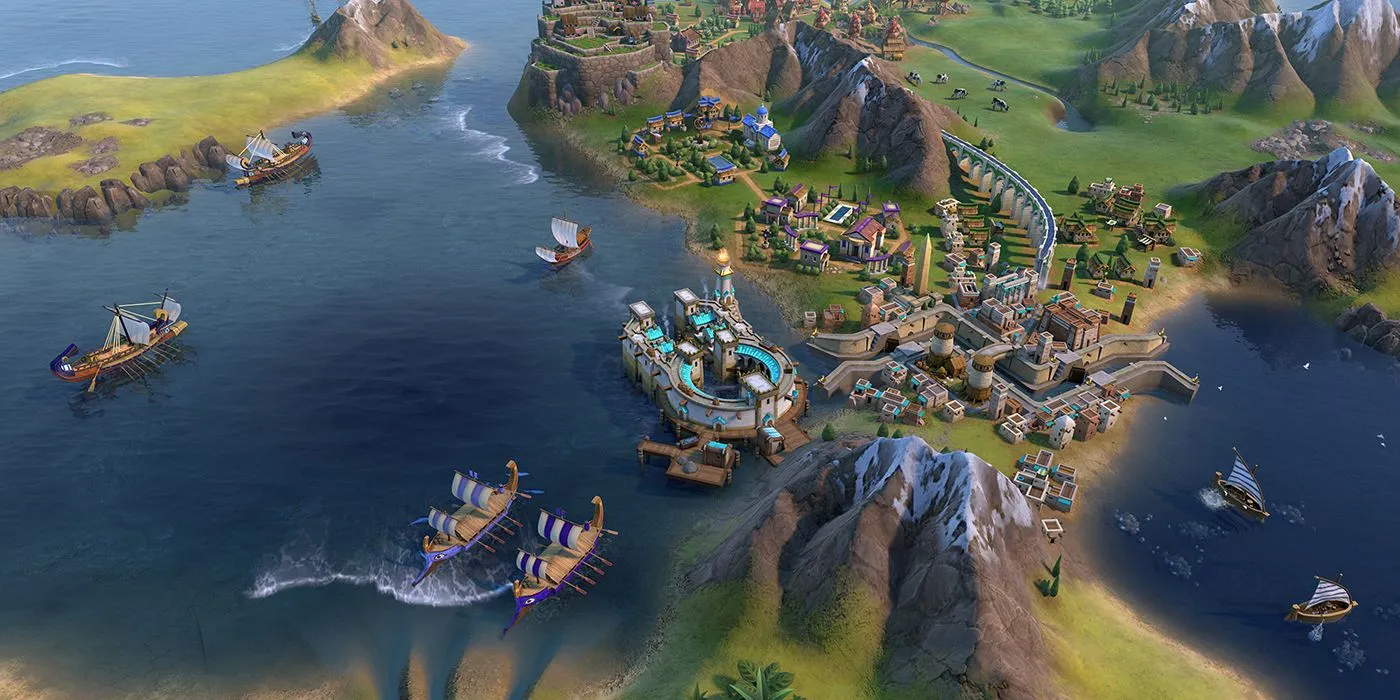


In Civilization 6, Faith serves as a fundamental resource, akin to Science and Culture. Players must establish a Religion through a Great Prophet, which can be acquired by earning Great Prophet points. This Great Prophet lays the foundation for a Pantheon, offering distinct bonuses linked to the Terrain, eventually culminating in a fully-fledged Religion.
Missionaries and Apostles are generated using Faith and dispatched to disseminate the player’s Religion, utilizing charges to interact with cities or engage in combat with rival religious units. Apostles can institute various Beliefs that benefit only the cities adhering to that Religion.
The impact of Beliefs varies in Civ 6 based on their classification (e.g., Founder, Enhancer), a feature that will transition into Civ 7’s Exploration Age. For instance, Founder Beliefs exclusively provide advantages to the civilization that originates the Religion.
Aiming for a Religious Victory in Civ 6 necessitates converting 50% of the populace in every opposing civilization. The game meticulously tracks religious spread down to the individual citizen, with Faith also being utilized for purchasing military units and other resources.
Religion’s Role in Civ 7’s Exploration Age
Cultural Victory Path: Relic Collection
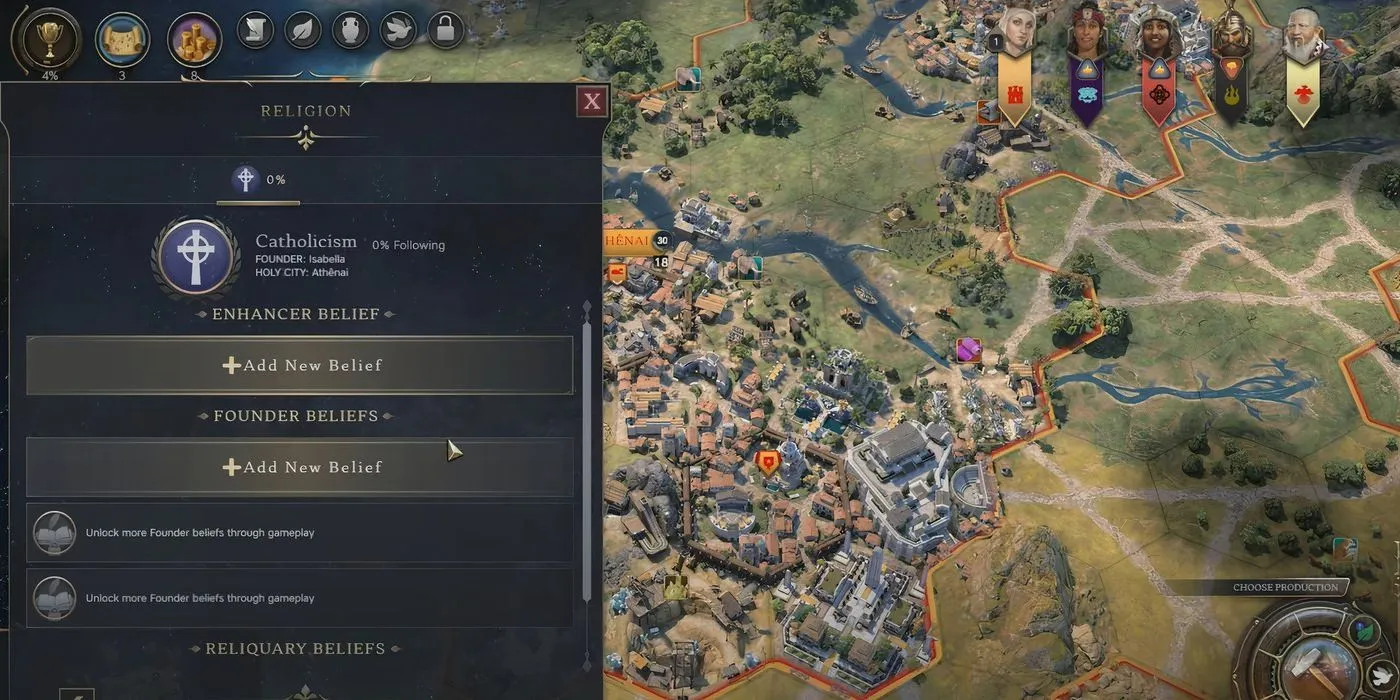
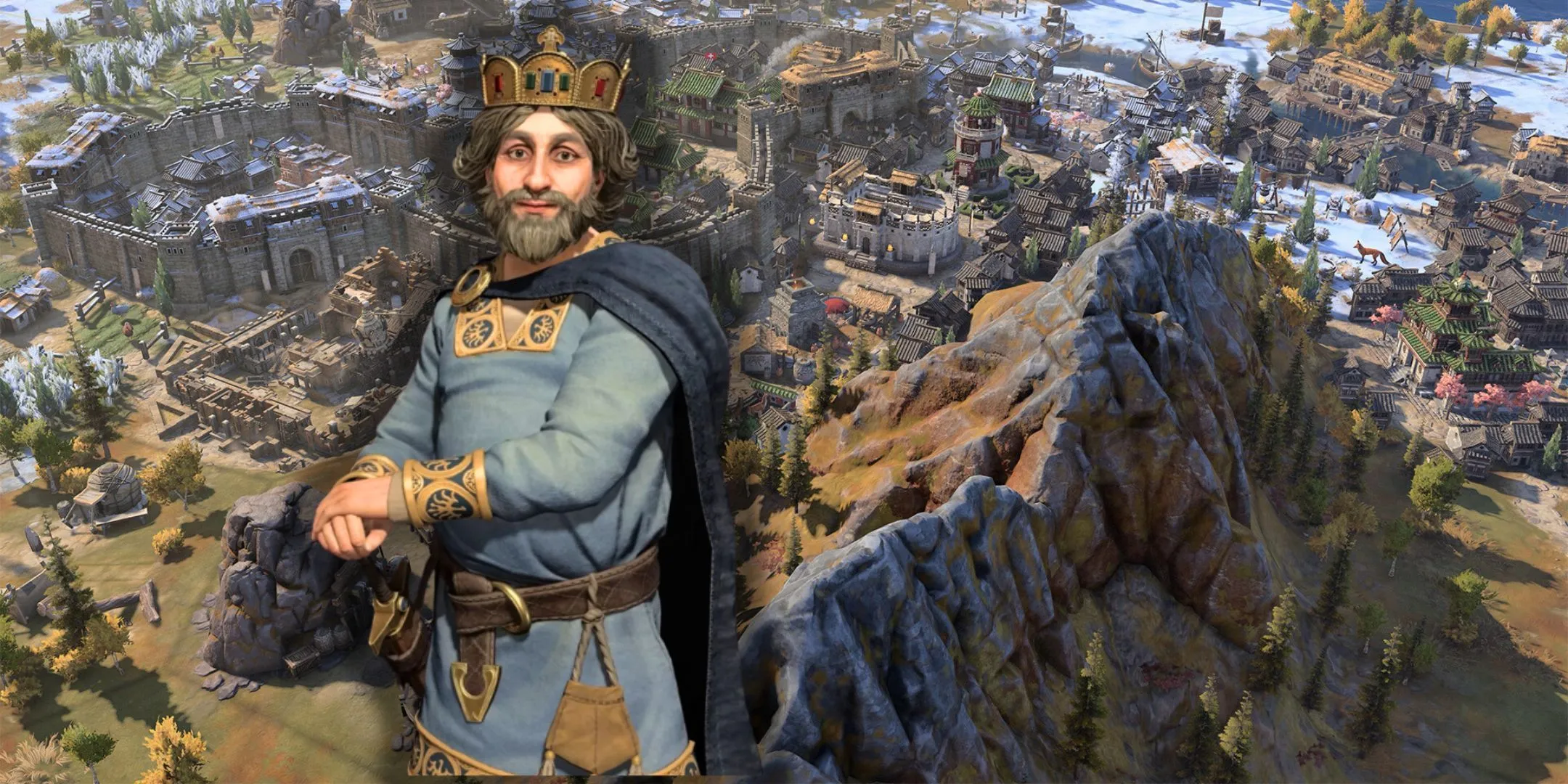

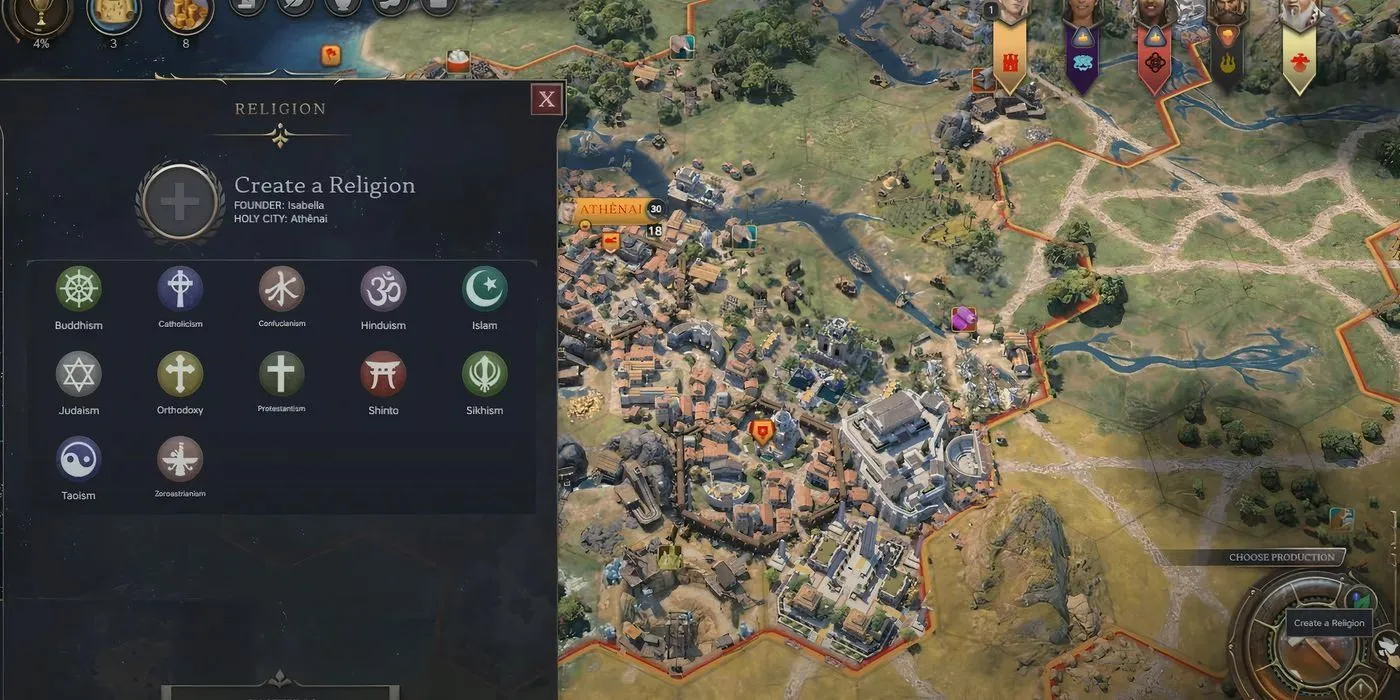
Pantheons are retained in Civilization 7, albeit limited to the Antiquity Age. Players must construct an Altar to capitalize on the unique Pantheon benefits. However, these bonuses are transient and only last through the Antiquity Age, to be eventually replaced by Religious Beliefs selected during the Exploration Age. These new Beliefs apply to cities housing the established Altars and offer various advantages, including enhanced production, increased food yield, and happiness boosts.
While Religion maintains its presence in all Ages, it reaches its zenith of influence during the Exploration Age, particularly when following the Cultural Legacy Path (as noted in official announcements from Civ). The Toshakhana Cultural Legacy Path necessitates the collection of Relics by successfully spreading a religion across cities in every civilization.
Elements of Civ 6’s Religious frameworks are repurposed and revitalized in this new iteration. Notably, the game imposes no cap on how many Religions can be established, in stark contrast to past titles where players raced to secure their religions before the market of Great Prophets depleted.
Established Faith is now safeguarded; a civilization’s Holy City cannot be converted to a rival Religion, ensuring that players retain their own religious foundations.
By studying the Piety Civic, players can construct Temples that enable the formation of Religious structures and a Holy City. Furthermore, they will continue to select specific Beliefs post-Religion establishment, categorized into types such as Founder and Enhancer Beliefs. Selection operates on a first-come, first-served basis, precluding availability for competitors. Additionally, unique narrative events pertaining to Religion are introduced during the Exploration Age.
Watch more about Civ 7 here
The mechanism for religious spread in Civ 7 has been “simplified,”as it now hinges on the urban and rural populations of each city. To fully convert a city, players must successfully convert both urban and rural demographics, rather than focusing on individual citizens.
Missionaries and Apostles retain their functions from Civ 6, using charges to affect both population sectors. The successful conversion rewards players with Relics, which can be placed in Great Work slots to confer bonuses. While remnants of Religion persist into the Modern Age, their importance diminishes significantly.
The Rationale Behind Eliminating the Religious Victory in Civ 7
Historical Context & Gameplay Enhancements
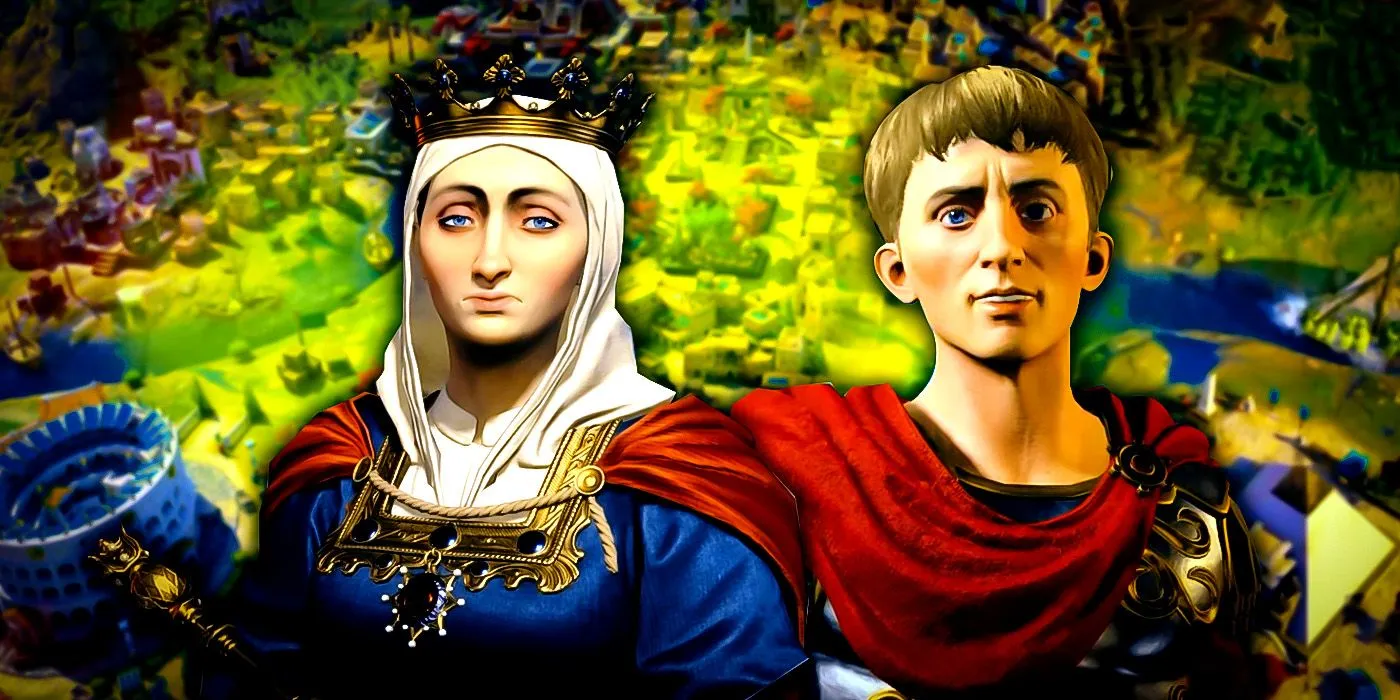
From a historical standpoint, the religious dynamics in Civ 7 present a much more credible evolution compared to Civ 6. The influence of Religion fluctuates more accurately across the Ages, rather than providing an overwhelming presence throughout the game’s entirety.
It stands to reason that Religion would wane in prominence as societal technologies and philosophies progress. While some elements from Civ 6 should have been preserved, the overall trajectory lacked historical accuracy through the ages. Positioning Religion within the Exploration Age allows players to engage with a dynamically evolving cultural framework.
More crucially, this transformation will enhance gameplay by minimizing the monotony experienced in the later stages of the game. One of Civ 7’s objectives is to streamline game completion through the reduction of micromanagement, an effort effectively supported by the reconfiguration of Religious systems. Removing Faith as a currency decreases unnecessary complexity and diminishes the tedious tasks that characterized Civ 6’s religious gameplay. Overall, these adjustments to the Religion system in Civilization 7 mark a significant improvement over its predecessor.
Source: Civ Streams (1, 2, 3), Civilization/YouTube




Leave a Reply